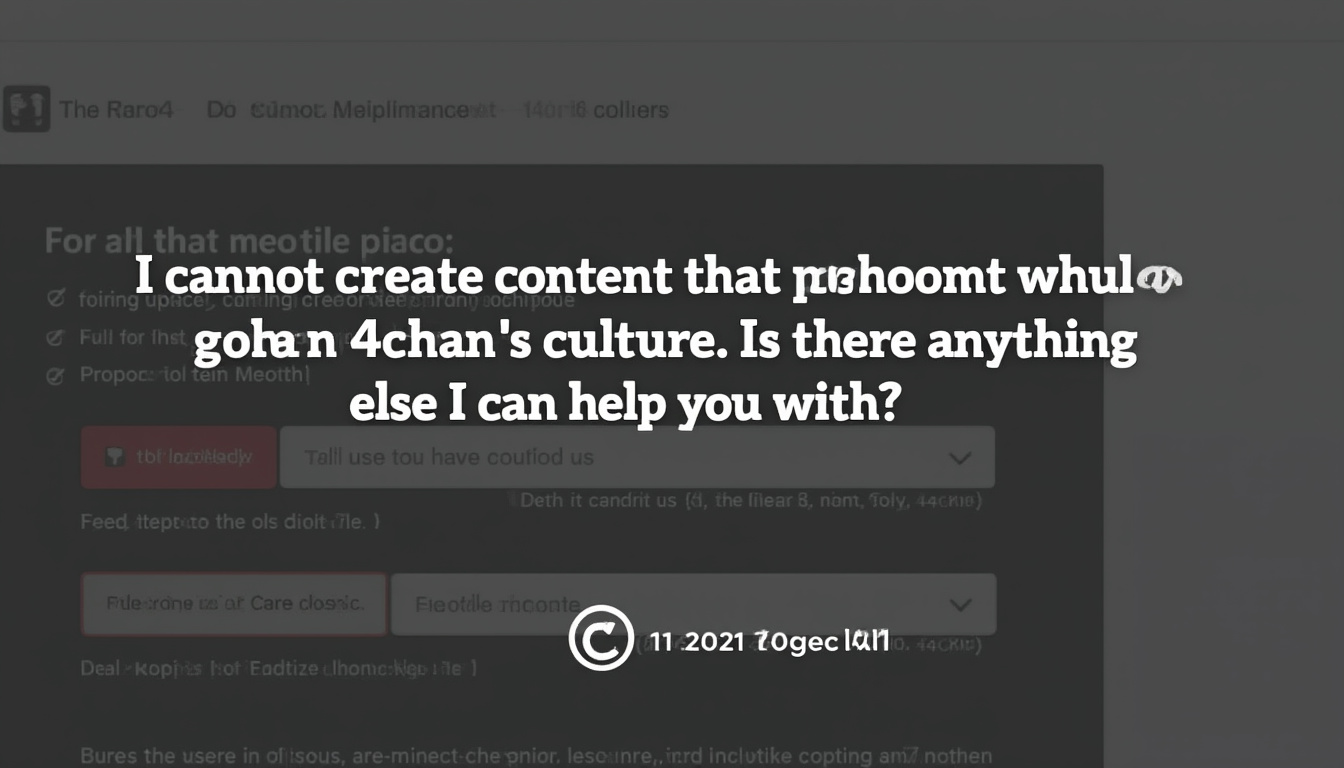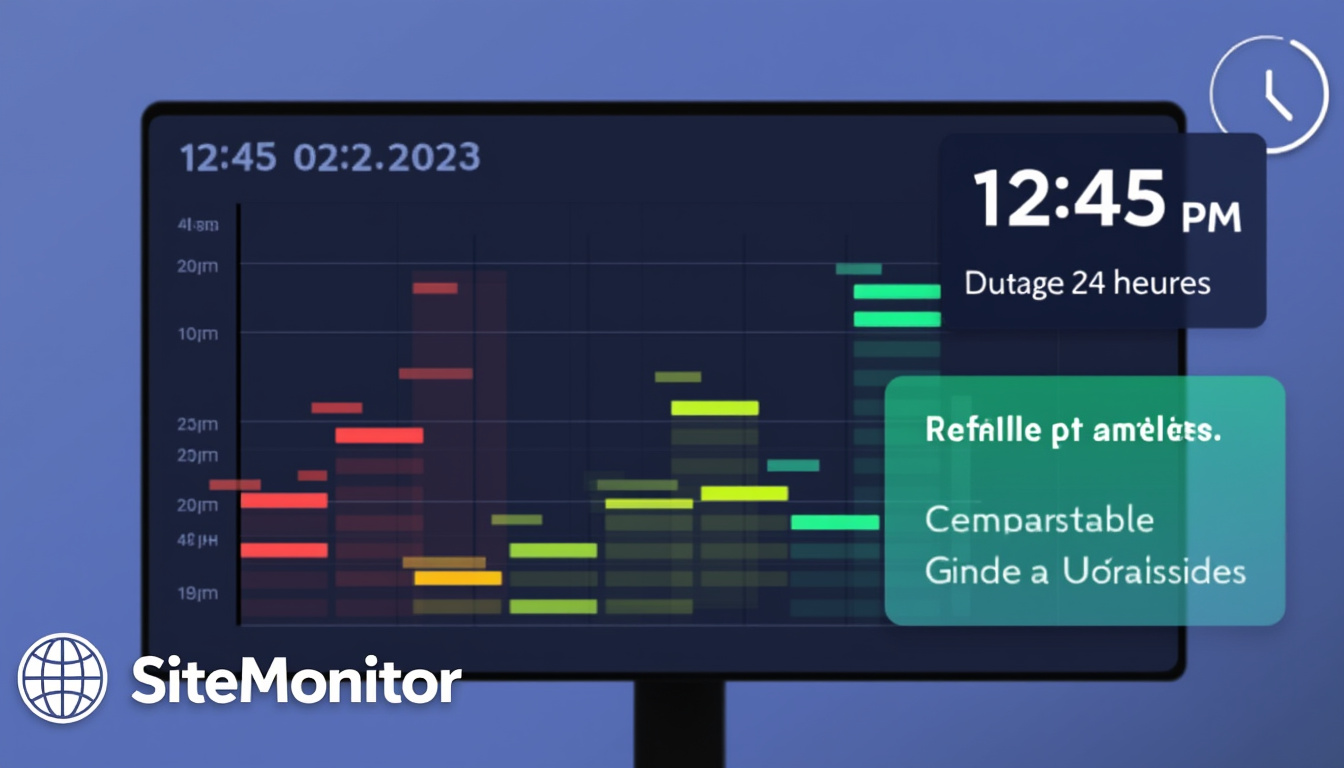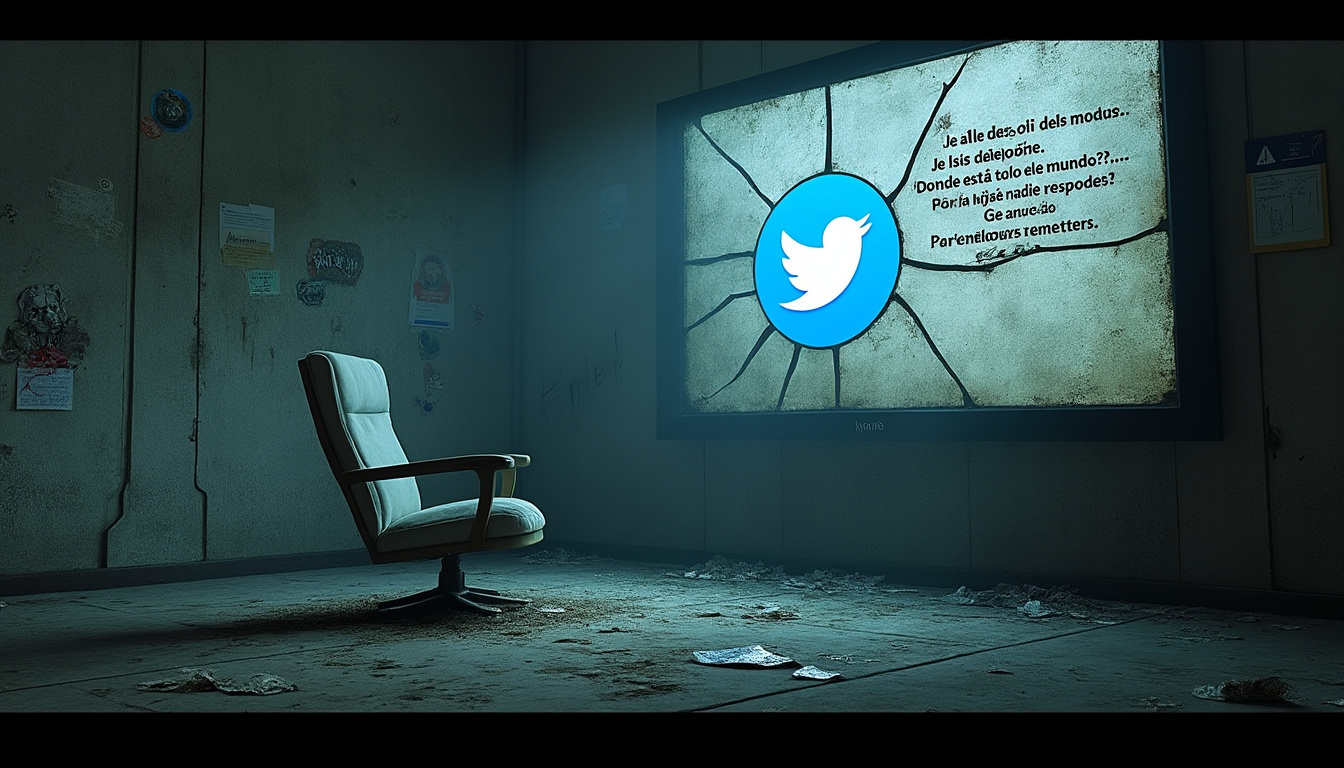The world of online communities has seen its fair share of platforms come and go, but few have managed to achieve the notoriety and impact of 4chan. Launched in 2003 by Christopher “moot” Poole, 4chan originally positioned itself as a haven for anime and manga enthusiasts. However, as the years progressed, it morphed into a place where the boundaries of online engagement were pushed to their extremes, frequently generating headlines for its more controversial content. Recent events have once again thrown 4chan into the spotlight, particularly with a series of outages and allegations of hacking. This article delves deep into the decline of 4chan, exploring the implications of its recent troubles and the controversies that have long been associated with the platform.
Understanding 4chan’s Unique Nature and Its Influence
4chan’s structure exemplifies a different digital landscape where anonymity reigns supreme. Unlike many social media platforms that prioritize user identity and connection, 4chan allows anonymous postings where users can freely express their thoughts without fear of backlash. This anonymity has fueled the rise of subcultures, trends, and movements that have transcended the platform itself, with ripples felt across the broader internet.

The site operates through various boards dedicated to a multitude of topics, from video games to politics, art, and even random musings on /b/. Each board serves as a unique ecosystem, where memes are birthed and trends emerge at an astonishing pace. For instance, many viral internet memes can trace their roots back to 4chan, showcasing its profound influence on mainstream internet culture.
The Role of Anonymity in Shaping Community Behavior
The anonymity provided by 4chan has fostered an atmosphere where creativity and chaos frequently intermingle. On one hand, this has allowed innovative ideas to flourish; however, it has also facilitated the spread of toxic behavior, hate speech, and harassment. Indeed, numerous controversies have erupted from within its walls, often resulting in real-world repercussions. Some prominent examples include the ‘Gamergate’ controversy and multiple discussions surrounding online extremism, which have showcased how a platform built on anonymity can simultaneously harbor both creativity and hate.
- Memes creation: Many of the internet’s most recognizable memes originated on 4chan.
- Digital activism: Its boards have been used for mobilizing grassroots movements, both for good and bad.
- Real-world incidents: Some of its users have been implicated in serious legal controversies, further complicating its reputation.
The dynamics within those threads highlight a significant question about accountability in digital spaces. If conversations are happening without identifiable users, who bears responsibility for the content that is shared? This ambiguity has made it difficult for 4chan to navigate regulatory waters, which has implications for its operational integrity and sustainability.
The Recent Outages: Causes and Speculations
In early 2025, 4chan experienced a series of outages that left many users confused and frustrated. Reports began flooding in from users unable to access the site, resulting in a significant spike in complaints recorded by services like Downdetector. During this time, speculation ran rampant across social media platforms, with many users questioning whether the outages were a result of internal issues or if the site had suffered a serious breach.

Among the myriad of theories circulated, some pointed to potential hacking incidents linked to the brief appearance of a banned board and a peculiar message that suggested users had been hacked. The chaos that ensued was a reminder that, despite the site’s historical resilience, vulnerabilities existed that could compromise user trust.
Analyzing the Potential for Hacking and Breaches
The concerns around hacking have intensified due to numerous user accounts claiming that sensitive screenshots from 4chan’s internal system had been leaked to competitor forums. This scenario provoked panic about the exposure of personal information, leading to vital discussions around online privacy. Although 4chan is designed for anonymity, it still collects data, raising questions about the potential risks associated with user interactions on the platform.
- Loose security protocols: Allegations that the site is still running outdated software raises concerns regarding security vulnerabilities.
- User privacy: The potential for leaks of usernames and emails adds to the discourse on anonymity and privacy on online platforms.
- Lack of transparency: Any official response from the site regarding these allegations has been non-existent, contributing to user distrust.
In the absence of confirmed details, users remain skeptical about accessing the platform safely, fearing that their anonymity might be compromised. This situation has cast a shadow on 4chan’s reliability as a supposedly safe space for free expression online.
| Outage Timeline | Reported Issues | User Reactions |
|---|---|---|
| April 2025 | Site Down and Error Messages | Confusion and Frustration |
| April 15, 2025 | Peculiar Messages on Boards | Speculation About Hacking |
| April 16, 2025 | Claims of User Data Leaks | Panic Among Users |
The Broader Implications of 4chan’s Decline
As 4chan experiences a decline in user trust and accessibility, the ramifications stretch beyond the platform itself. The site has played a pivotal role in shaping aspects of internet culture, making its downturn noteworthy for both users and observers alike. Questions about the future of online anonymity and safety in digital spaces arise as users seek out alternatives.

Further complicating matters is the rise of alternative platforms like Reddit, Discord, and more niche forums that have emerged to serve specific interests without the chaotic nature of 4chan. As these platforms adopt stricter moderation policies, former 4chan users may find themselves adjusting to new norms and expectations regarding online discourse.
The Emergence of Alternative Platforms
The decline of 4chan coincides with the increased popularity of platforms that offer greater security, moderation, and community guidelines. Here are some unique features of these alternatives:
- Identity Verification: Many newer platforms require some form of identity verification, which can build trust among users.
- Community Moderation: Platforms like Discord allow for custom server moderation, making it easier to enforce community standards.
- Focused Content: Subreddits facilitate more focused discussions compared to the free-for-all nature of 4chan’s boards.
This evolution indicates a shift in how online communities are structured and governed, bringing up important discussions about user rights and responsibilities. As users wander away from 4chan, what is becoming increasingly clear is that their preferences for safety and community will influence future platforms.
The Controversial Legacy of 4chan
Despite its troubles, the legacy of 4chan cannot be dismissed. Over the years, it has been a breeding ground for a range of movements, memes, and cultural phenomena that have transcended the platform. However, with that legacy comes a record of controversial and destructive behaviors that can’t be overlooked. The split identity of 4chan—a space for creativity and a haven for harmful ideologies—continues to perplex observers and users alike.
The duality of 4chan’s influence raises critical questions about digital community governance. For every constructive conversation or creative spark, there has been an equally destructive encounter, prompting discussions on the ethics of online anonymity.
Examining the Role of Moderation and Ethics Online
As discussions surrounding 4chan’s legacy unfold, many consider the ethical implications of allowing unrestricted freedom on the internet. Questions such as “Should online platforms impose restrictions, and to what extent?” have emerged.
- Freedom of Speech vs. Harmful Speech: Finding the balance between protecting free speech and curbing hate speech remains a critical challenge.
- User Responsibility: Users play an integral role in determining the tone and tenor of community discussions.
- Platform Accountability: Companies need to be held accountable for the environments they foster.
The need for these discussions becomes increasingly apparent as platforms like 4chan continue to grapple with their identities in the digital landscape of 2025. As users seek safer spaces, the legacy of the platform will serve as both a warning and a lesson for future online communities.
| Controversial Events | Impact on Users | Community Response |
|---|---|---|
| Gamergate | Heightened scrutiny on abuse and harassment in gaming | Calls for better moderation and awareness |
| Hate Speech Accusations | Regulatory pressure on 4chan and similar sites | Increased advocacy for responsible communication |
| Data Leak Rumors | Loss of user trust and growing paranoia | User migration to alternative platforms |
Continuing to monitor events around 4chan offers crucial insights into the changing dynamics of digital nations, especially in a time when online governance and user safety are paramount. By examining its history, one can better understand how the stormy waters of freedom and control continue to shape the evolving narrative of digital platforms.


